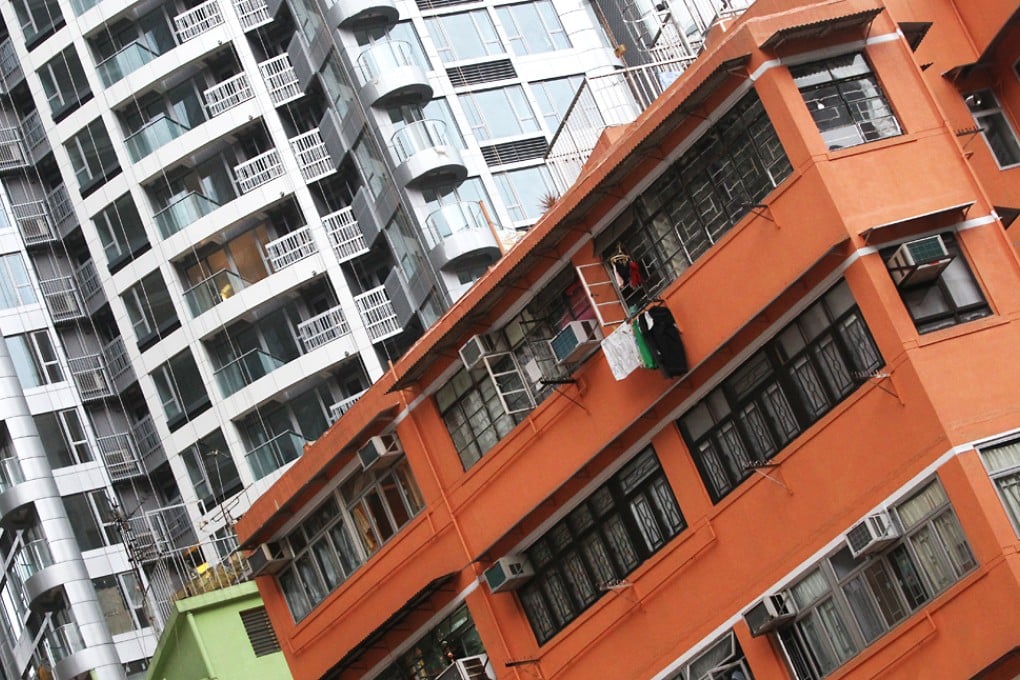New buyers have no fear of a crash
Housewife Carmen Lee was puzzled when she saw buyers lining up to buy flats at a luxury project in Wan Chai with an average price of more than HK$20,000 per square foot last month.

Housewife Carmen Lee was puzzled when she saw buyers lining up to buy flats at a luxury project in Wan Chai with an average price of more than HK$20,000 per square foot last month.
"Why are they so eager to buy those expensive flats? Don't they worry about a price correction?" she asked. Lee has a good reason to raise the question. She was one of thousands of people hit when home prices crashed during the 1997-1998 crisis.
Lee and her boyfriend had signed to buy a flat at Cheung Kong's Maywood Court for less than HK$4 million at the end of 1996. The unit was ready to be occupied in July 1997 when the British handed over Hong Kong to China.
Then their problems began.
The Asian financial crisis hit and the value of the flat slid under HK$2 million, Lee recalls. "We needed to pay extra money to the lending bank if we wanted to secure a mortgage."
It was impossible for them to pay for the shortfall and they decided to back out of the sale-and-purchase contract. They lost their lifetime savings of HK$1 million which were forfeited to the developer, and they did not get a flat.